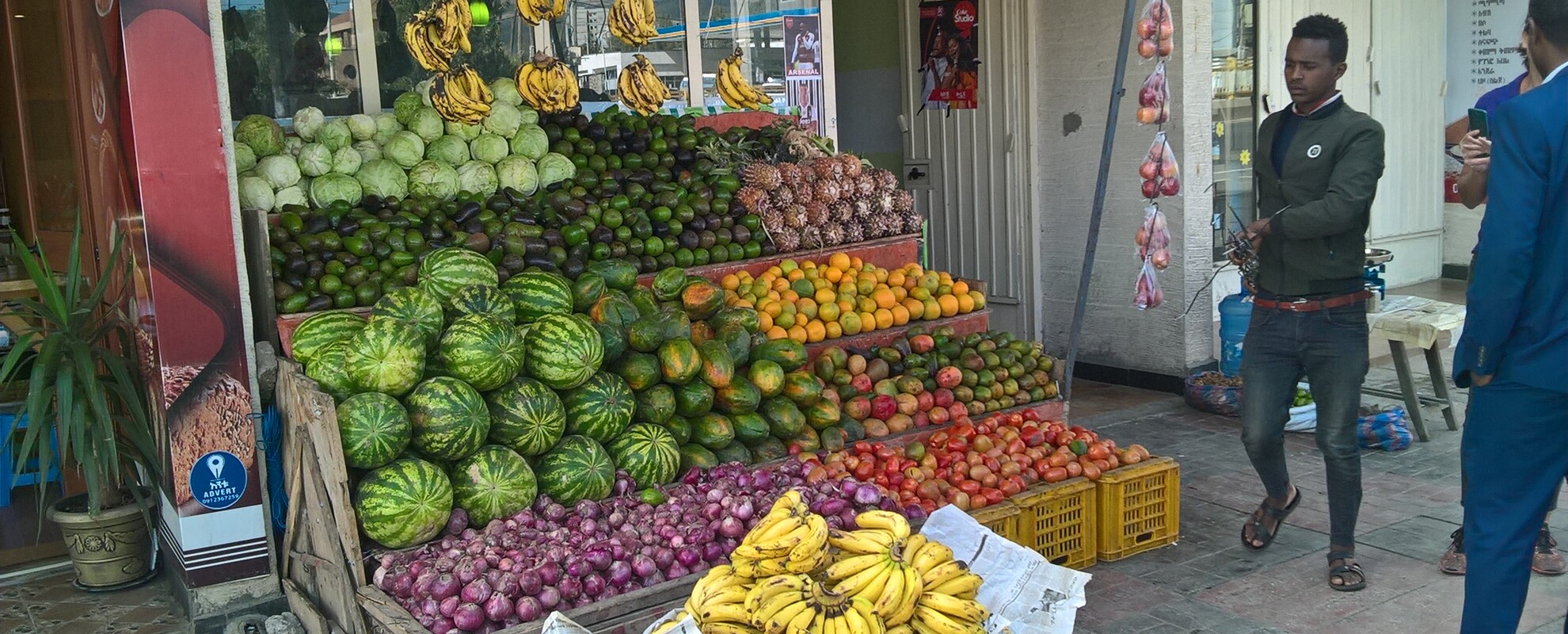

One Health Europa–Africa summit on veterinary public health and food safety
Conference
Messieri Lecture Hall, Department of Veterinary Medical Sciences, University of Bologna, Italy and online
International conference: Veterinary public health and food safety challenges and strategies in Africa
Time: 0800–1500 hours CET (GMT+1)
Registration: https://ticket.fondazionealmamater.it/fam/nextafrica/
Registration deadline: Tuesday 10 June 2025, 1700 hours CET
Keynote lecture: Recent advances on research into interventions to improve food safety in Africa
Speaker: Delia Grace, with contributions from Silvia Alonso, Kebede Amenu, Elizabeth Cook, Michel Dione, Theo Knight-Jones and Florence Mutua
Abstract
Africa bears the highest per capita burden of foodborne disease globally, and much of this is the result of consumption of fresh foods sold in traditional or informal markets. These include open public markets, small shops, kiosks or dukas, street food and food sold in pubs and eateries. Recent evidence suggests the informal sector is likely to persist for years if not decades.
The informal food sector is vast, unorganized, heterogeneous and poorly regulated. While these characteristics make food safety assurance difficult, the informal sector also provides an essential service in ensuring availability of nutritious, affordable food while providing livelihoods for millions of poor people, many of them women. The challenge is hence to reduce the health and environmental risks emanating from these markets while securing or increasing the nutrition and livelihood benefits.
While earlier research into food safety in informal markets focused on understanding the risks, burden, risk factors and priority hazards, recent years have seen the start of research into risk management options. One of the most promising is the ‘three-legged stool’ approach which argues that food safety in informal markets can be improved if, and only if, three aspects are simultaneously tackled: (1) building an enabling regulatory environment; (2) ensuring training and technologies for value chain actors; and (3) getting incentives in place for behavioural change.
We report on six recently completed projects using this approach to address milk sold by informal vendors in Kenya, chicken sold by street restaurants in Burkina Faso, meat produced in local abattoirs in Kenya, beef sold in small butcher shops in Ethiopia, tomatoes sold by market vendors in Ethiopia, and vegetables sold by market vendors in Nigeria.
These projects used a variety of ways to engage with authorities and train farmers and likewise a diversity of appropriate technologies and incentives for behaviour change. They varied in their ability to improve actor knowledge, attitude and practice, in reducing foodborne disease risk, and in the effectiveness of incentives deployed. We discuss strengths and weaknesses of the different strategies and make recommendations for future research.
About the speaker
Delia Grace is an epidemiologist, veterinarian and specialist in One Health and Food Safety with more than 25 years of experience in developing countries. She graduated from several leading universities and currently is a professor at the University of Greenwich and joint-appointed senior scientist at the International Livestock Research Institute, Nairobi, Kenya where she leads the food safety theme in ILRI’s One Health Centre.
Her research interests include food safety, emerging diseases, gender studies and animal welfare. Her career has spanned the private sector, field-level community development and aid management as well as research. She has lived and worked in Asia, west and east Africa and authored or co-authored more than 300 peer-reviewed publications as well as training courses, briefs, films, articles, chapters and blog posts.
Her research program focuses on the design and promotion of risk-based approaches to food safety in livestock products in sub-Saharan Africa and South Asia. She is also involved in applying the ecohealth/One Health approach to the control of zoonotic diseases and agriculture-associated antimicrobial resistance.




